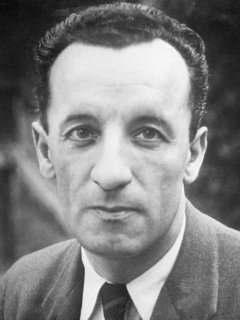

What makes sensation of a sentient thing possible
the concept of time in the work of Maurice Merleau-Ponty
pp. 21-37
in: Ulrike Tikvah Kissmann (ed), Discussing new materialism, Berlin, Springer, 2019Abstract
In this contribution, I will analyze the conceptualization of time in the work of Merleau-Ponty and how it shapes the idea of bodily intentionality. In his late work, a nonlinear concept of time prevails and fosters the idea of fleshly agency. I will draw upon "the immemorial" as "impossible past" (Merleau-Ponty 1968: 123) and ask to what extent the idea of originary pastness enables an approach to agency that broadens the current discussion of "new materialism." In particular, I will argue that the immemorial institutes a temporality that is generative of meaning. As invisible or unconscious, it is written into the structure of flesh and makes self-differentiation possible. Hence, the emergence of self, other, and the world – or rather, as Merleau-Ponty puts it, the emergence of sentient, sensed, and the rest. Under that premise, humans and non-humans can be equated from a methodological point of view. However, there are also differences to the principle of generalized symmetry of Actor-Network Theory. I will show that only flesh comprises generative power, not matter. Finally, I will present the consequences that follow from Merleau-Ponty's ontology of flesh and introduce video hermeneutics as developed in Kissmann (2014a).


